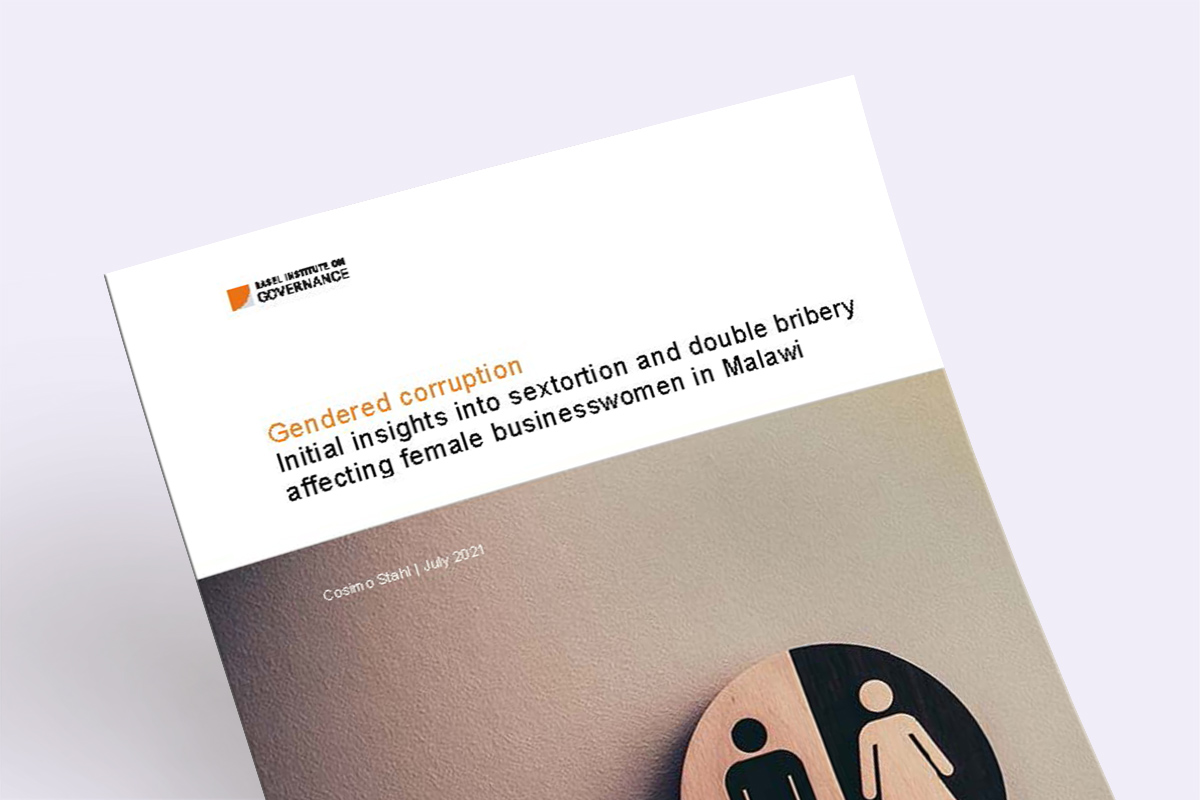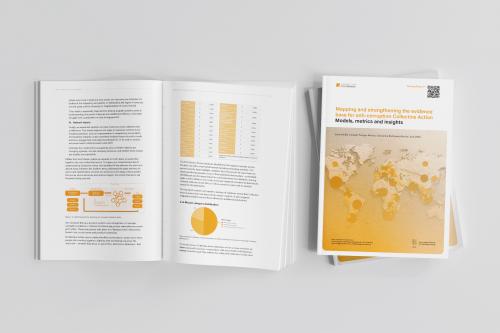Silence around sextortion: new report highlights need for research and policy action on gendered corruption

A new short report on gendered corruption highlights the urgent need for more research and policy action on non-monetary corruption affecting women, such as sextortion and so-called double bribery.
Gendered corruption: Initial insights into sextortion and double bribery affecting female businesswomen in Malawi offers an initial insight into sexual corruption based on interviews with 19 businesswomen in Malawi. Part of a wider research project into procurement corruption, the interviews aimed to explore the extent of gendered corruption as a coercive form of social exchange, as well as the role of informal corrupt networks in magnifying gender-specific inequalities.
Though based on a small sample in one particular context, the findings indicate that more research into this topic is urgently needed globally with a view to mainstreaming sexual corruption into anti-corruption programming. Initial findings indicate that:
- Sextortion, forced sexual favours, "double bribery" and other forms of sexual corruption are perceived to be widespread in Malawi.
- Women's risk of being subjected to sexual corruption increases in informal network settings, such as those in which business takes place.
- Socio-economic factors and gender-imbalanced power dynamics play an important role in enabling sexual corruption to take place with impunity.
- Trustworthy reporting and support mechanisms for sexual corruption are said to be lacking.
- Existing female-only business self-help groups could provide a strong base for enabling women to address issues of sexual corruption and related gendered violence.
Overall, there is a great need for more research and policy attention globally to gendered corruption and related issues that still remain – tragically – hidden from view or considered as normal.



